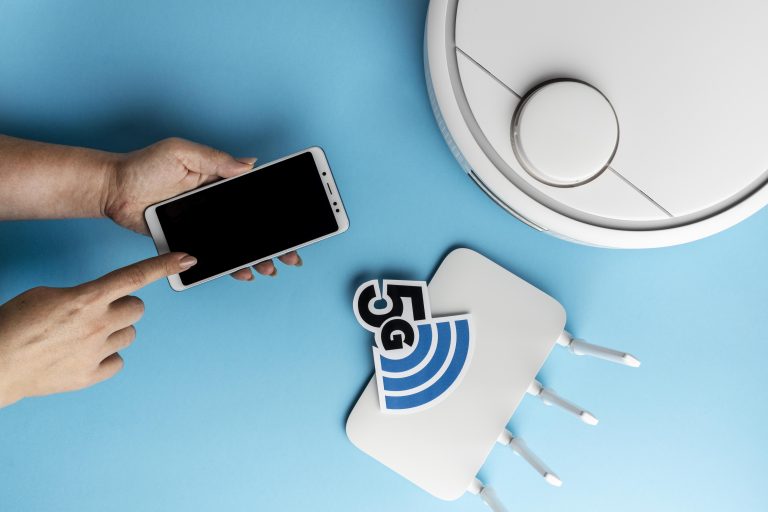The Power of Journaling for Mental Health and Clarity
Journaling is a powerful tool for mental health and clarity, offering a simple yet effective way to process emotions, organize thoughts, and foster self-awareness. Here’s an exploration of its benefits and practical tips to make journaling a transformative habit:
Benefits of Journaling for Mental Health and Clarity
- Emotional Release
- Writing down your thoughts and feelings provides a safe outlet to express emotions you might otherwise suppress.
- It can help release stress, anger, or sadness, making you feel lighter and more in control.
- Enhanced Self-Awareness
- Journaling encourages introspection, helping you identify patterns in your thoughts, behaviors, and emotional triggers.
- It deepens your understanding of what brings you joy or stress.
- Reduced Anxiety
- Putting worries on paper can help declutter your mind, reducing overthinking.
- Techniques like “worry journaling” allow you to confront fears and work through them.
- Improved Problem-Solving
- Writing about challenges helps clarify your thoughts and generate solutions.
- It provides perspective, making issues feel more manageable.
- Boosted Mood and Optimism
- Gratitude journaling fosters positivity by shifting focus to what you’re thankful for.
- Reflecting on past achievements and joyful moments can enhance your sense of fulfillment.
- Better Stress Management
- Journaling offers a way to process daily stressors, leaving you more prepared to tackle challenges.
- It can also serve as a grounding activity, bringing you back to the present.
- Strengthened Mental Clarity
- By organizing scattered thoughts, journaling helps you think more clearly.
- It can improve focus and creativity, allowing you to approach tasks with renewed energy.
Types of Journaling Practices
- Gratitude Journaling
- Write 3–5 things you’re grateful for each day to cultivate a positive mindset.
- Focus on small, specific details to enhance the practice.
- Stream-of-Consciousness Journaling
- Write whatever comes to mind without worrying about grammar or structure.
- This “brain dump” technique clears mental clutter and uncovers subconscious thoughts.
- Bullet Journaling
- Use concise bullet points to track tasks, goals, habits, and reflections.
- Combine organization with introspection for a holistic approach.
- Emotional Journaling
- Explore your feelings by writing about specific experiences and how they impacted you emotionally.
- Reflect on what you learned or how you grew from those experiences.
- Goal-Oriented Journaling
- Outline personal, professional, or creative goals, and track progress regularly.
- Reflect on obstacles and celebrate achievements.
- Dream Journaling
- Record dreams immediately upon waking to explore subconscious thoughts or creativity.
- Look for patterns or themes in your dreams.
- Prompt-Based Journaling
- Use thought-provoking prompts such as:
- “What am I proud of today?”
- “What’s one thing I can let go of right now?”
- “How do I want to grow this year?”
- Use thought-provoking prompts such as:
Tips for Starting and Maintaining a Journaling Practice
- Set a Regular Time
- Write daily or a few times a week. Choose a time that fits naturally into your routine, such as mornings or before bed.
- Create a Comfortable Space
- Find a quiet spot where you feel relaxed and can focus without interruptions.
- Be Honest
- Write authentically without censoring yourself. Your journal is a private space for you to be completely open.
- Use Tools That Inspire You
- Choose a notebook, digital app, or journaling software that you enjoy using.
- Personalize it with colors, stickers, or sections if that motivates you.
- Start Small
- Begin with just a few sentences or a short list if the idea of long entries feels daunting.
- Over time, let the practice evolve naturally.
- Experiment with Formats
- Switch between narrative writing, lists, diagrams, or even sketches to keep things interesting.
- Review and Reflect
- Occasionally reread old entries to track your growth, revisit lessons learned, and gain fresh insights.
- Be Patient
- There’s no “right” way to journal. Let go of perfectionism and trust the process.
Journaling Prompts for Clarity and Mental Health
- What’s been on my mind lately, and how can I release it?
- What’s one thing I’m grateful for today, and why?
- What brings me the most joy in my life right now?
- How do I feel at this moment? What’s contributing to that feeling?
- What’s one challenge I faced today, and how did I handle it?
- What are three things I’d like to accomplish this week?
Conclusion
Journaling is a versatile and powerful tool that fosters mental health and clarity by offering space for self-expression, reflection, and growth. With consistent practice, it can become a cornerstone of your emotional well-being and personal development.
Would you like specific journaling prompts or help setting up a tailored journaling routine?






